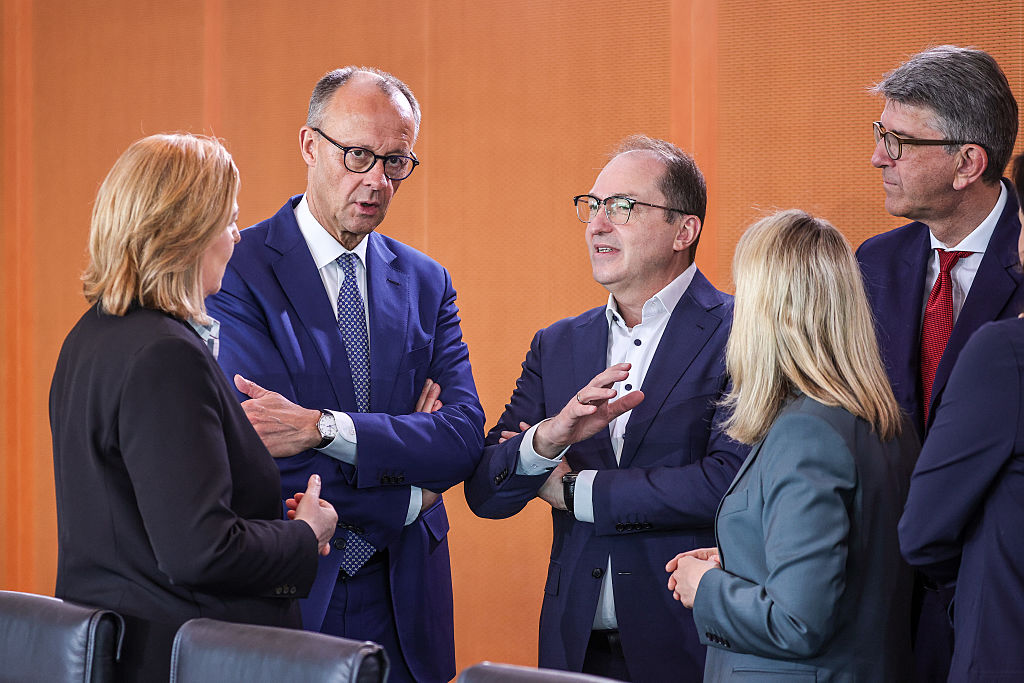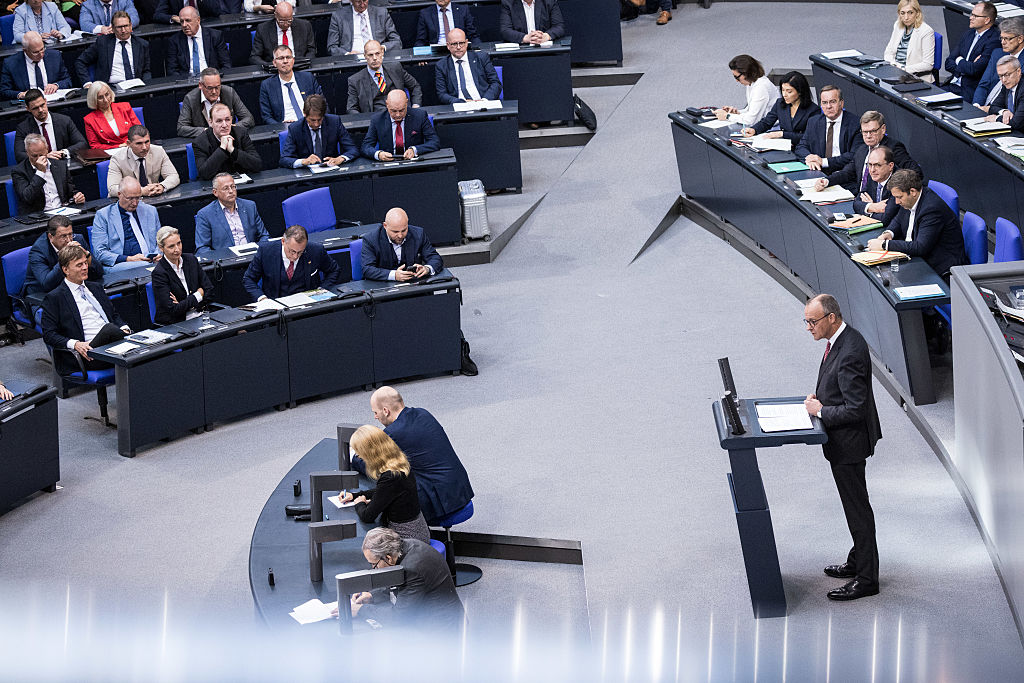Sentiment in Germany’s industrial sector is at rock bottom with more than 40 per cent of companies planning to reduce their workforce in the coming year.
Only one in seven industrial companies said they were aiming to create new jobs.
That was one result of a study by think-tank German Economic Institute in Cologne (IW Cologne). The report – for which 2,000 German firms were questioned – was published yesterday.
The researchers conclude: “The German economy has not been able to turn the corner in 2025. The ongoing economic crisis is reflected in the continuing poor business situation of German companies.”
While industrial groups are the most pessimistic, the results for all businesses are only marginally better. Some 36 per cent of respondents said they were planning job cuts for 2026. Three quarters said they expected to do less business in the coming year or, at best, the same as in 2025.
The dire expectations are also keeping German companies from making investments. Only 23 per cent of respondents said they were planning to invest more in 2026, while 33 per cent of all firms – and 36 per cent of industrial companies – are cutting back.
IW Cologne researcher Michael Grömling said: “Job cuts instead of economic recovery: Companies are suffering from major geopolitical stress. Added to this are home-grown location problems – high costs for energy, social security and bureaucracy.”
Officially, the government of German Chancellor Friedrich Merz (Christian Democratic Union, CDU) is still expecting the economy to grow by 1.3 per cent in 2026 – buoyed by the State’s enormous expenditure on infrastructure, defence and the fight against “climate change”.
Business associations, though, have repeatedly said the main issue holding back the economy are not too little State-financed investments but Germany’s sky-high energy prices and taxes.
Grömling echoed the sentiment, urging the German Government to carry out promised reforms to ease the burden on the private sector soon.
“Without government reforms, it is becoming increasingly unlikely that the federal government’s billion-euro special programmes will have the hoped-for and necessary effect,” he said.





